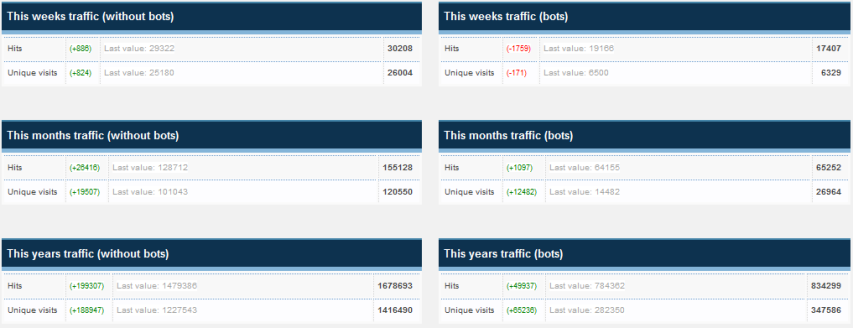Many years ago, when we lived on “the Danforth”, we were occasional patrons of “The Big Carrot”, an early retail store for the self-consciously “alternative” set. If you wanted gluten-free, or dairy-free, or fair-trade, they were almost the only game in town in the late 80s and early 90s. The selection may not have been great at times, but they did try to provide a variety of foods that you couldn’t get at the mainstream supermarkets of the day. The employees seemed to be mostly good, helpful folks, but almost to a person the customers were incredibly self-centred, self-righteous, arrogant, and intolerant. I don’t know how the staff put up with the constant childish antics and unending whining from the customers. Whole Foods is a much bigger enterprise than Toronto’s Big Carrot … and they seem to have attracted exactly the same customer base:
The problem with Whole Foods is their regular customers. They are, across the board, across the country, useless, ignorant, and miserable. They’re worse than miserable, they’re angry. They are quite literally the opposite of every Whole Foods employee I’ve ever encountered. Walk through any store any time of day—but especially 530pm on a weekday or Saturday afternoon during football season — and invariably you will encounter a sneering, disdainful horde of hipster Zombies and entitled 1%ers.
They stand in the middle of the aisles, blocking passage of any other cart, staring intently at the selection asking themselves that critical question: which one of these olive oils makes me seem coolest and most socially conscious, while also making the raw vegetable salad I’m preparing for the monthly condo board meeting seem most rustic and artisanal?
If you are a normal human being, when you come upon a person like this in the aisle you clear your throat or say excuse me, hoping against hope that they catch your drift. They don’t. In fact, they are disgusted by your very existence. The idea that you would violate their personal shopping space — which seems to be the entire store — or deign to request anything of them is so far beyond the pale that most times all they can muster is an “Ugh!”
Over the years I have tried everything to remain civil to these people, but nothing has worked, so I’ve stopped trying. Instead, I walk over to their cart and physically move it to the side for them. Usually, the shock of such an egregious transgression is so great that the “Ugh!” doesn’t happen until I’m around the corner out of sight. Usually, all I get is an incredulous bug-eyed stare. Sometimes I get both though, and when that happens, I look them square in the eye and say “Move. Your. Cart.” I used the same firm tone as Jason Bourne, with the hushed urgency of Jack Bauer and the uncomfortable proximity of Judge Reinhold. From their reaction you’d think I just committed an armed robbery or a sexual assault. When words fail them, as they often do with passive aggressive Whole Foods zombies, the anger turns inward and they start to vibrate with righteous indignation. Eventually, that pent up energy has to go somewhere, and like solar flares it bursts forth into the universe as paroxysms of rage.







